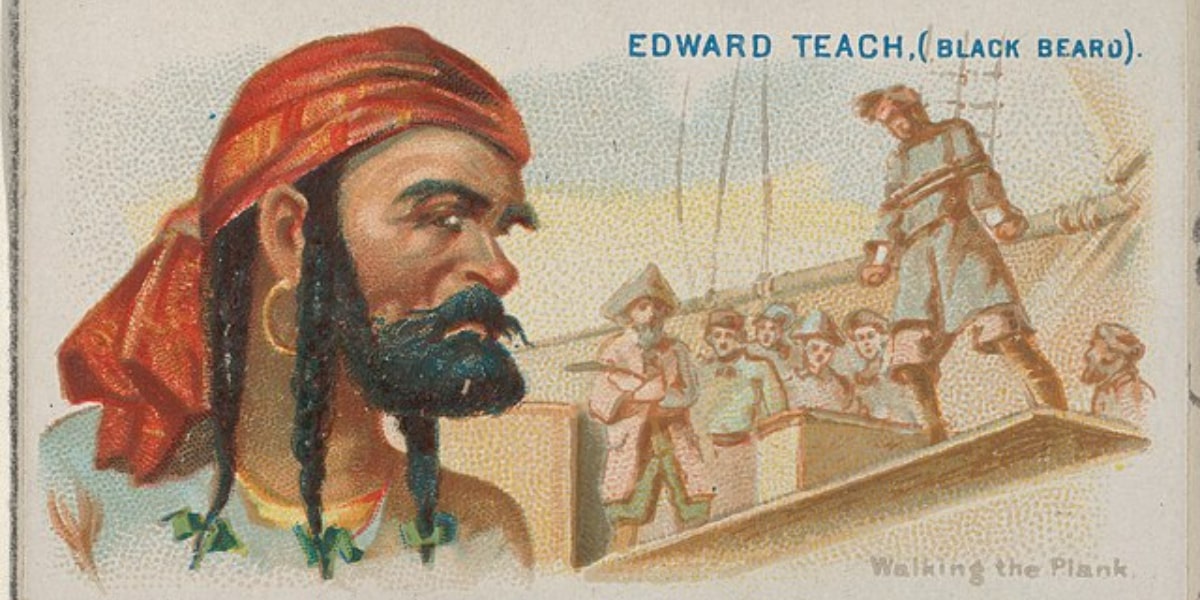Although people may think of pirates as brutal, lawless men and women with no code of conduct, in reality, many pirate crews obeyed a strict code of conduct and democratic principles.

Pirates were most active in the early years of the 1700s in the Caribbean. Pirates were mostly English sailors. They including Blackbeard and Anne Bonny, would target trade ships traveling between Caribbean islands like Jamaica and Europe. While they could be violent, many pirates sought to avoid violence and viewed themselves as just. This extended to their ships and the agreed-upon code of conduct.
Pirate Code of Conduct
- All members of the get to vote on important decisions
- Any crew member who runs away in times of battle will punished with death
- Any wounded crew member receives extra money
- All crew members get an equal share of the treasure the ship gains
This code of conduct extended to captains on pirate ships. To other sailors, pirates could be viewed as "princes" because they treated everyone as equals. Even pirates heartless and ruthless as "Black Sam" Bellamy respected this and left decisions up to the crew.
- This was even more important given that during this time period, typically only land-owning white males had the right to vote, and sometimes not even them.
Pirates during this period deliberately chose to leave society in pursuit of wealth, fame, or freedom. In many cases, freed African slaves served aboard pirate ships and had the same treatment as their fellow crewmates.
- In many ways pirates were some of the first advocates of a more true democracy in the Americas and the American colonies.
- "Black Sam" Bellamy viewed himself as fighting a crusade against the oppressive English government. He viewed their form of governance as oppressive and for him, and others, the pirate way of life was a moral cause, not just one they sought for personal gain.
